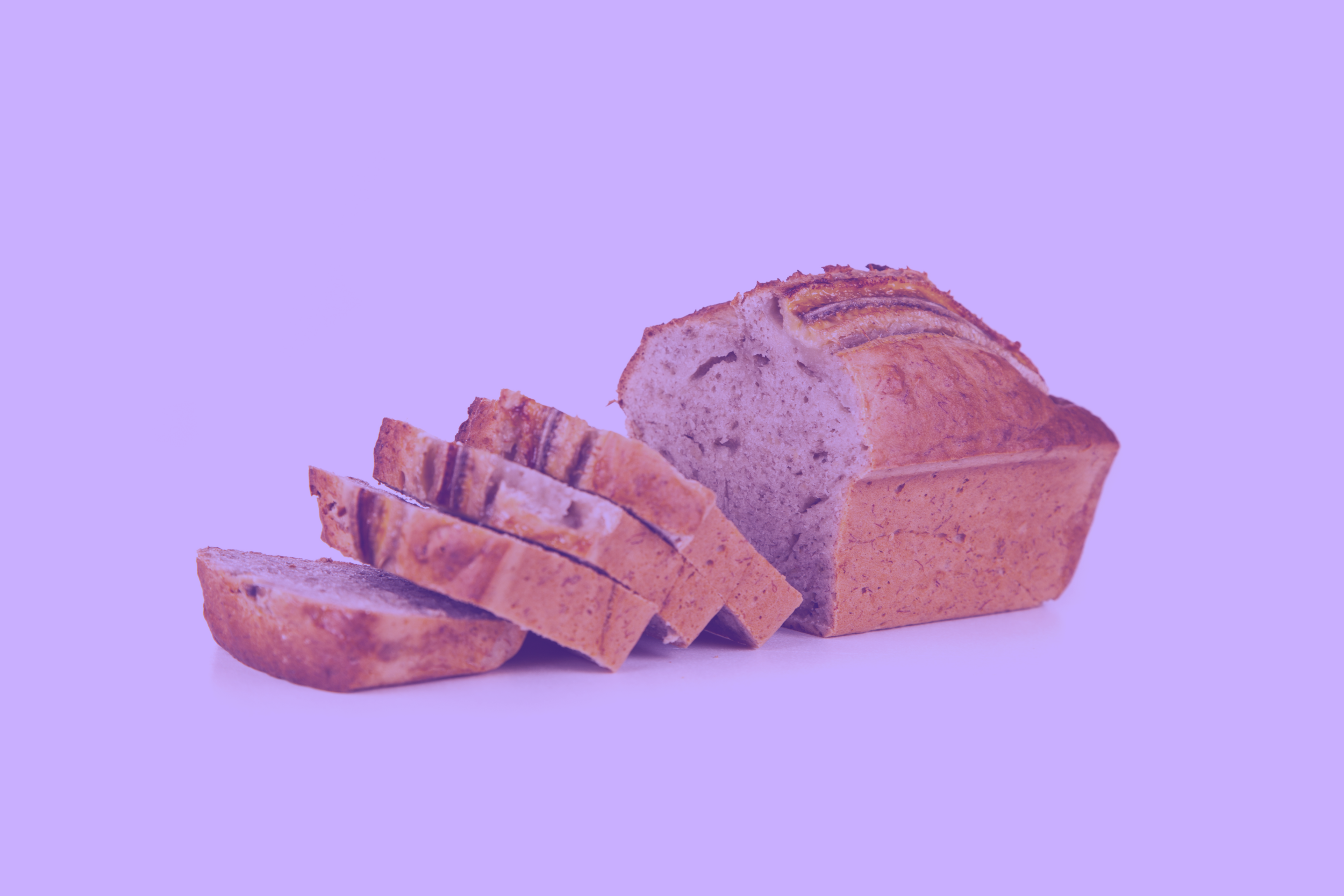On doing your thing
Words by Madeleine Dore
How do we untangle from what we do being the sole measure of our worth, when the things we do can simultaneously be what give our days and lives meaning?
Sometimes shifting the emphasis away from doing over to simply being can be a helpful frame.
Yet sometimes trying to be something or someone can be its entanglement, too. We can become attached to the outcome – attached to being something – rather than being attuned to the process of doing that teaches us to be okay with failure and missteps.
As social research Hugh MacKay said in our recent conversation, it’s really about understanding why you do something.
The motivation can be fulfilment, or helping others, or something as simple as doing our thing.
In his final column for The Guardian, Oliver Burkeman – who I had the pleasure of interviewing for season one – shared the eight secrets to a fairly fulfilled life.
One secret was that selfishness is underrated. He paraphrases Buddhist teacher Susan Piver, saying it’s radical, at least for some of us, to ask how we’d enjoy spending an hour or day of discretionary time. And the irony is that you don’t actually serve anyone else by suppressing your true passions anyway. More often than not, by doing your thing – as opposed to what you think you ought to be doing – you kindle a fire that helps keep the rest of us warm.”
Doing our thing can be hard – in fact, it’s often the difficulty that makes it worthwhile. As May Sarton wrote, “We can do anything, or almost, but how balanced, magnanimous, and modest one has to be to do anything! And also how patient.”
If we do anything, we don’t enact change for ourselves and the people around us. Sometimes we have to do something hard now to earn the reprieve of simply being, later. The being and the doing provide meaning.
Of course time can be one of the things that can stop us from doing our thing. This is true, and an hour of discretionary time is a privilege – yet maybe you too can relate to having such hours available and spending it worrying about what you ought to be doing. This is perhaps the variety of doing that keeps us stuck, busy, on the hamster wheel.
But there are other things that maybe keep us perpetuating attached to doing for the sake of doing – instead of doing our thing.
One is worrying about what we think they think, yet we have no control over what other people think and in any case, the world can be an unreliable critic.
Another is needing to be the best or for the work to be good. But the antidote to that is to be interesting, be interested. As philosopher Alan Watts, says, “So you see, to spread joy, you have to have it. To impart delight, you have to be, more or less, delightful. And to be delightful is not some factor of trying to make yourself look delightful. It is to do things that are delightful to you. You become, thereby, delightful to others. That’s to say, people who are interesting are people who are interested.”
Related, is wanting instant success. As May Sarton reminds us, we must be patient. In another of her quotes she writes, “It is troubling how many people expect applause, recognition, when they have not even begun to learn an art or a craft. Instant success is the order of the day; “I want it now!” I wonder whether this is not part of our corruption by machines. Machines do things very quickly and outside the natural rhythm of life, and we are indignant if a car doesn’t start at the first try. So the few things that we still do, such as cooking… knitting, gardening anything at all that cannot be hurried, have a very particular value.”
““There is no great difference between novels and banana bread. They are both just something to do.” – Zadie Smith”
Then there is the moral anxiety attached to doing. We become so attached to the output of what we do, the acclaim, the recognition, and use it as a measure of our worth. In Intimations, writer Zadie Smith refers to this as the moral anxiety of doing. Writing can easily fall into this category – there’s that longing for the feeling of having written rather than finding joy in the writing.
But for Zadie Smith, her truest motivation to write is because “it’s something to do.”
“There is no great difference between novels and banana bread. They are both just something to do.”
So perhaps we untangle the doing dilemma by not putting things into categories, or only attend to the things we ought to do, or think we should be doing, or feel pressured because everybody else is doing it. If you don’t want to bake sourdough, don’t bake sourdough.
Maybe it’s as simple as using that discretionary hour to experiment with this idea of indulging in the act of doing our thing.
As Mary Oliver said, "You do not have to be good. You do not have to walk on your knees. For a hundred miles through the desert, repenting. You only have to let the soft animal of your body, love what it loves."
This is a written excerpt of Rest & Recreation, a companion to Routines & Ruts conversations podcast. Each week, host Madeleine Dore shares reflections from previous interviews and interesting reads to offer you a moment of R&R.
Listen to episode on Spotify
Apple iTunes
and others

